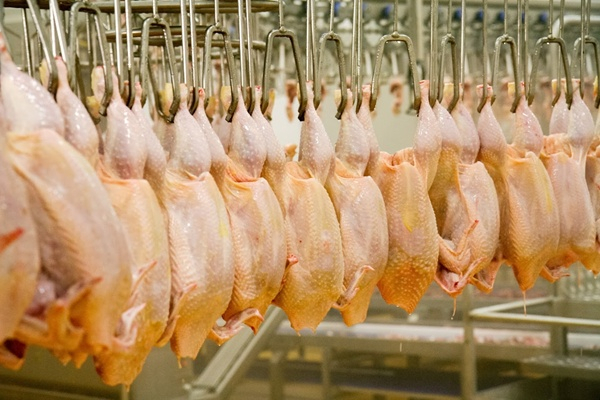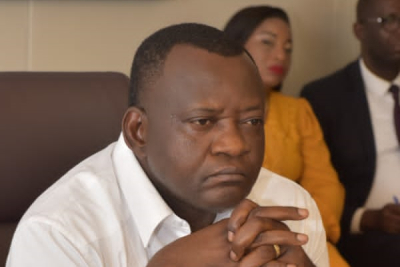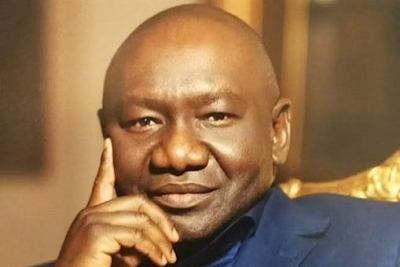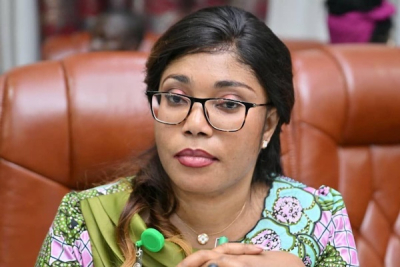The Democratic Republic of Congo (DRC) could absorb 130,000-140,000 tons of chicken meat from the European Union (EU) this year. Bankable made the estimate based on a recent US Department of Agriculture (USDA) poultry report covering the EU.
This volume would set a record and solidify the DRC's position as the EU’s third-largest chicken meat buyer. The UK and Ghana are first and second, with 725,000 tonnes and over 200,000 tonnes, respectively.
The DRC’s poultry meat imports from the EU doubled between 2019 and 2021, reaching 120,000 tonnes. However, they fell below 100,000 tonnes in 2023. According to the USDA, poultry meat shipped from the EU to the DRC and other African markets primarily consists of frozen, mechanically deboned dark meat.
The anticipated increase in chicken meat imports from the EU in 2024 is largely attributed to its low price, which allows consumers to meet their growing demand for animal protein. According to data from Trade Data Monitor (TDM) compiled by the USDA, between January and June this year, the FOB price (free on board) for a tonne of European chicken meat destined for the DRC was less than $1,000. In comparison, prices were almost $4,000 for Guinea and around $2,250 for Benin.
A 2018 study by the Dutch Agronomic University of Wageningen estimated that an imported chicken costs around $2.30 in the country of origin, which is already lower than the feed costs for producing a chicken in Kinshasa.
Local producers face significant challenges due to major constraints such as lack of capital and limited access to inputs (particularly feed and veterinary products), which undermine their competitiveness. There are also concerns about dumping practices, that are criticized by NGOs. Indeed, some manufacturers have been taking advantage of export and input subsidies to send products at prices that local players in Africa cannot compete with.
The DRC has significant potential as a market for EU chicken meat due to its growing demand for affordable protein sources. However, local producers struggle against economic constraints and unfair competition practices.
Espoir Olodo










